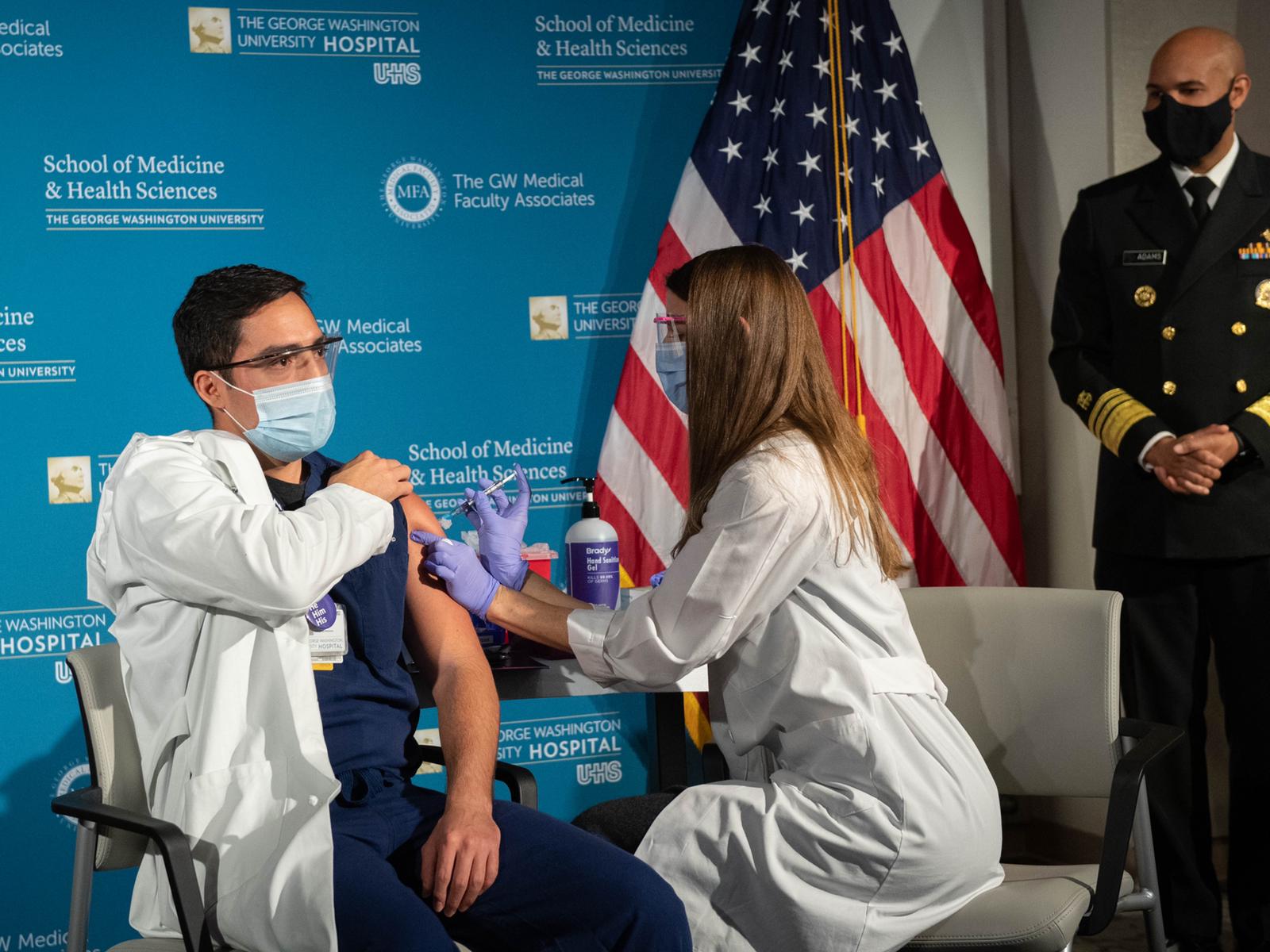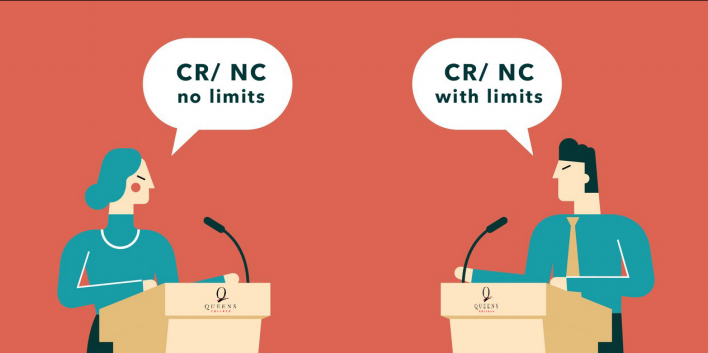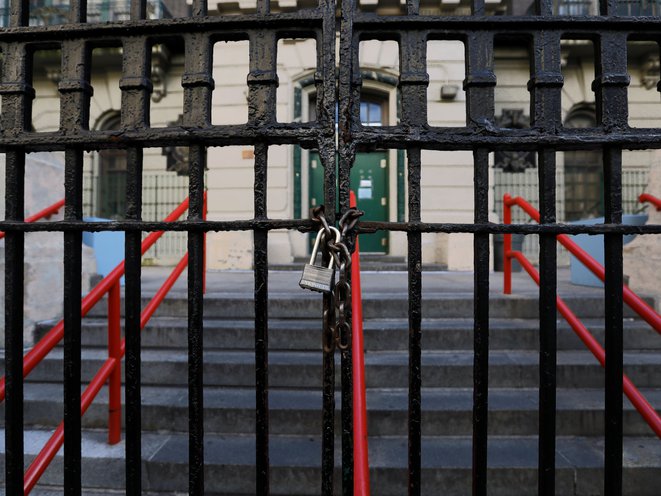It seems like a lifetime ago when a world without COVID-19, or just coronavirus, existed. On Jan. 3, 2020, China notified the World Health Organization (WHO) about the outbreak, and by Feb. 10, the U.S. confirmed its 13th case. The very next day, the international number of confirmed deaths surpassed 1,000. As of Dec. 3, 64.7 million cases have been reported globally.
After a year of anticipation, several health care companies have finally surged forward with a COVID-19 vaccine, seeking emergency approval from both the U.S. and the U.K..
After getting a green light from the United States Food and Drug Administration (FDA), both Moderna and Pfizer have boasted near-perfect success rates. According to a Pfizer press release, dated Nov. 9, the study’s results were “ … more than 90% effective in preventing COVID-19 in participants without evidence of prior SARS-CoV-2 infection in the first interim efficacy analysis.”
According to the Center for Disease Control and Prevention (CDC), to understand how the vaccine works, one must first learn how the virus works. There are three components to the infection: “Macrophages,” which are white blood cells that swallow up and digest germs and dead or dying cells; “B-lymphocytes,” which are defensive white blood cells that produce antibodies to fight off the remaining bits of the virus left behind by the macrophages; and “T-lymphocytes,” which are another type of defensive white blood cell that attack cells in the body that have already been infected. In every vaccine, there are weakened T-lymphocytes and B-lymphocytes — dead cells that are injected so that the body remembers how to fight off that particular infection.
The CDC has said that “The first shot starts building protection. A second shot a few weeks later is needed to get the most protection the vaccine has to offer.”
On Dec. 2, the U.K. became the first country to approve the COVID-19 vaccine. It is estimated that the vaccine will begin to be administered a week later. On Dec. 12, the U.S. followed suit and approved the COVID-19 vaccine as well.
The National Institute of Allergy and Infectious Diseases (NIAID) director, Anthony S. Fauci, M.D., was initially skeptical about the speed of the process, sharing in a CBS interview that he believed that the U.K. had rushed to approve the vaccine. After facing backlash, however, he pedaled back and apologized for his initial comments: “There really has been a misunderstanding, and for that I’m sorry, and I apologize for that,” he said. “I do have great faith in both the scientific community and the regulatory community in the U.K..”
According to an article published in The New York Times, the main difference between the U.K. and the U.S., in regards to vaccine approval, is that while American regulators analyze raw data gathered from clinical trials, British regulators rely more on companies’ analyses of their own data, rather than conducting independent government research.
Queens College’s biology department also weighed in on the matter. Professor Daniel Weinstein, the dean of math and natural sciences, commented that “ … my understanding is that there has not been much evidence for the sorts of mutations — in the region of the virus that is being targeted by most of the vaccines in the pipeline — that would render the vaccines useless.”
Biology professor Esther Muehlbauer, and her son Dr. Stefan Muehlbauer, the director of emergency medicine and an infectious disease specialist at St. Francis Hospital, also shed some light on the matter: “[We] feel very confident in saying, based on publicly released data, that mRNA vaccines are very safe,” they shared. “Based on the mechanism by which mRNA vaccines work — there is no reason they should pose a risk to human health. There is still further work being done before final approval — but [we] urge everyone who is eligible for the COVID vaccine to get vaccinated under the Emergency Use Authorization when [the vaccine becomes] available.”
The bitter pill to swallow is that there is still much unknown about COVID-19. The vaccine has not been released for public consumption yet, so whether it safely and effectively works across a large population cannot be determined immediately — though early efficacy studies are optimistic. The U.S. government has shared, despite the vaccine’s prolonged release, that vaccination administration costs will be covered by Medicaid, so the cost of administration is not expected to be too high.














